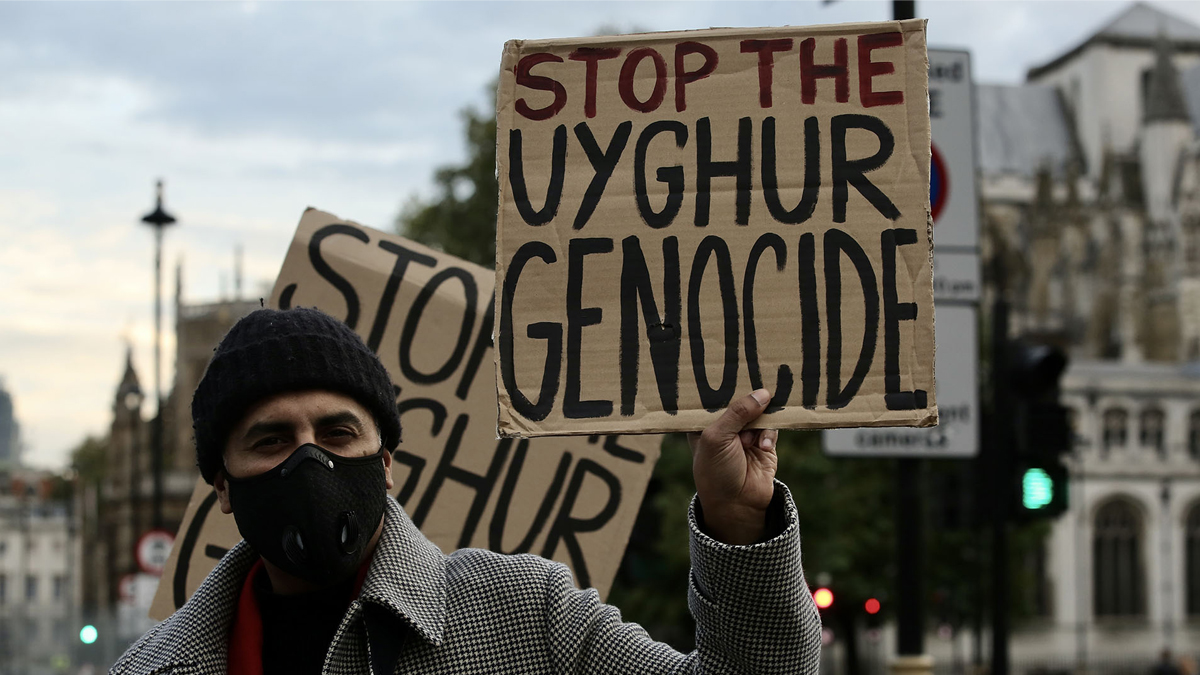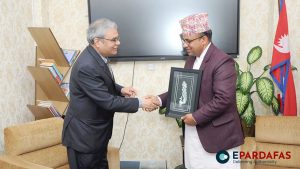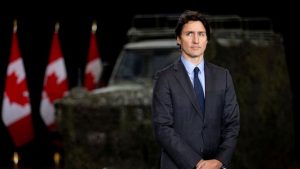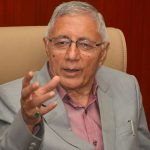
China’s Human Rights Under the Microscope in Geneva

In a highly anticipated U.N. meeting on Tuesday, China faced intense scrutiny over its human rights record, particularly concerning the treatment of Uyghurs in Xinjiang and the erosion of freedoms in Hong Kong. Western nations, led by Germany and Canada, called for increased protection of the Uyghur minority and greater autonomy for Hong Kong, while Beijing staunchly defended its actions and claimed to have achieved historic progress in human rights.
The review in Geneva marked the first examination of China’s human rights practices since the release of a damning report by the U.N.’s top rights official in 2022. The report raised alarms about the possible commission of crimes against humanity in the detention of Uyghurs and other Muslims in Xinjiang, a claim vehemently denied by the Chinese government.
Amidst the international pressure, China engaged in lobbying efforts, reaching out to non-Western countries to garner support and praise for its human rights record. While the Chinese diplomatic mission did not officially comment on these lobbying reports, its delegation in Geneva asserted on Tuesday that significant progress had been made since the last U.N. review in 2018, emphasizing the lifting of nearly 100 million people out of poverty.
Ambassador Chen Xu, representing China at the meeting, stated, “We embarked on a path of human rights development that is in keeping with the trend of the times and appropriate to China’s national conditions and scored historic achievements in this process.”
However, the divide among nations was stark during the session, where 163 countries had a mere 45 seconds each to address their concerns. Several nations, including Ethiopia and Cameroon, praised China’s efforts on human rights. In contrast, Western countries like Germany and Canada raised alarm bells, citing human rights violations in Xinjiang and Tibet and calling for the repeal of a controversial Hong Kong national security law.
Eric Chan, Hong Kong’s chief secretary, defended the national security law, claiming that it restored stability and law and order to the city. However, critics, such as Sarah Brooks from Amnesty International, expressed concerns that the meeting could serve as a “fig leaf” for China, providing cover for countries seeking closer ties with Beijing.
Outside the U.N. building, a protest was planned with Tibetan, Uyghur, and Hong Kong activists, along with Chinese dissidents, uniting to voice their grievances against China’s alleged human rights abuses. The global community watches closely as tensions escalate between China and the West, with human rights concerns at the forefront of the international discourse.
- Nepal Deports 147 Chinese Nationals in 2024 Amid Rising Concerns Over Crimes and Overstays
- Amrit Bahadur Rai Assumes Role as Nepal’s 26th Foreign Secretary, Pledges Focus on Economic Diplomacy
- Catastrophic Earthquake in Tibet: Over 300 Casualties Amid Questions of Transparency and Neglect
- Health Ministry Assures Public: No Need to Panic Over HMPV












Comments